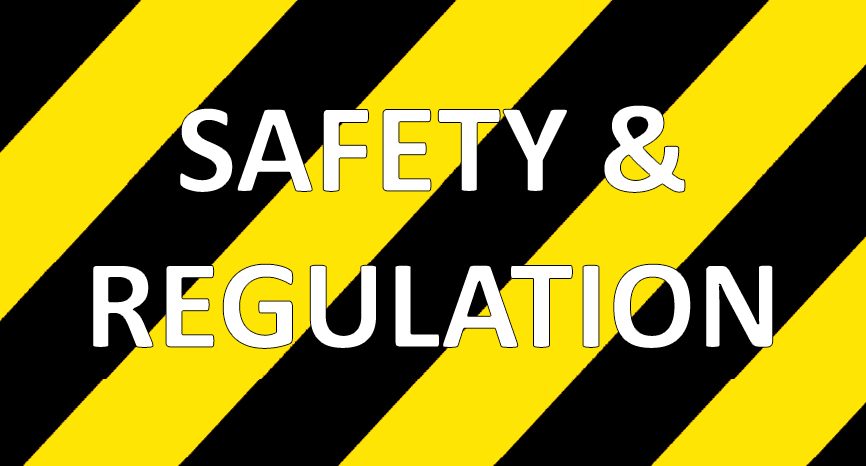Three Texas facilities have been cited by OSHA after it was determined combustible metal dust was responsible for causing a flash fire at a work site last summer. The incident, which took place on July 14, 2012, occurred at Watco Mechanical Services in Hockley, TX after employees cutting metal with a torch accidentally set nearby combustible dust aflame during routine blasting procedures at a rail car building. The ensuing fire killed two contracted workers employed by Jordan General and left a third injured according to the OSHA news release. The companies at fault — Watco Mechanical Services, Jordan General Contractors, Inc. and JP Electric — now face penalties collectively totaling $119,840:
- Watco Mechanical Services, a Kansas-based company, was dealt 14 serious violations, including “failing to adequately control fugitive emissions of combustible dust; keep work areas clean of combustible dust; provide warning signs to alert employees of combustible dust hazards; and keep emergency cylinder respirators fully charged.” Confined space violations were also discovered, with proposed penalties totaling $91,300.
- Jordan General Contractors was served seven serious violations, with those relating to combustible dust being their failure to provide proper training on the dangers of working with combustible dust and ensuring cutting operations were put on hold while combustible dust was present. Proposed penalties levied by OSHA sit at $20,240.
- JP Electric, a company contracted to assist with demolition services, was cited with one serious safety violation for failing to prohibit cutting operations in the presence of combustible dust, amounting in a proposed fine of $2,800.
Dust In Case’s coverage of OSHA fines over combustible dust hazards usually can be remedied with certified explosion proof vacuum equipment alongside having a housekeeping program in place to eliminate the presence of combustible dust altogether, but in the instance of a metal dust, an immersion separator is needed to safely contain the material. With an immersion separator, 100% of the intake air is completely submerged in liquids, and the chance of an outside ignition source entering the vacuum is safely ruled out. Had Watco and its contractors been aware of the dangerous atmosphere they were creating by working with and around metal dust, their facility could have potentially avoided this deadly and costly incident altogether. The value of keeping your workers safe, resources in tact and avoiding the future scrutiny of OSHA inspections easily justifies any investment in combustible dust education and the correct explosion proof equipment.


